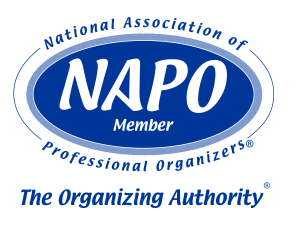“Power is of two kinds. One is obtained by the fear of punishment and the other by acts of love. Power based on love is a thousand times more effective and permanent then the one derived from fear of punishment.” –Mahatma Gandhi (brainyquote)
I’ve been reading an incredible book about power. Until recently, my thoughts about power had taken a negative bent: bullying, threats of violence, demeaning words or actions, etc. The kind of stuff I hope no one ever associates with me.
Personally, I’m not at all interested in having power in an aggressive or assertive way; but I’m very interested in how I can use my power of information, intent, skills, and passion to help move people to the next level of their lives.
When I was choosing a visual image for this post, waves seemed like the perfect metaphor for defining the two kinds of power: “power to” (Gandhi’s love based) and “power over” (fear based). A wave’s power to carry a skilled surfer beautifully to the shore has a much different feel than when those same waves have the power over us to physically knock us down when we least expect it.
According to social psychologists J. P. R. French Jr. and B. Raven, there are six basic bases of power:
- Coercion: Threat of force, disapproval, or rejection. The main goal being compliance. (Generally Power Over)
- Reward: The right of some to approve or deny rewards. (Both Power Over and Power To)
- Legitimacy: Generally granted as a position of authority. (Both Power Over and Power To)
- Expert: Based on knowledge, experience, and skills. (Both Power Over and Power To)
- Referent: Based on affiliation. (Both Power Over and Power To)
- Informational: Based on the potential to utilize information. (Generally Power To)
As examples, using power with children:
- Coercion: “Adults don’t like children that don’t eat their vegetables.”
- Reward: “Unless you eat your vegetables, you don’t get any dessert.” Or, “If you eat your vegetables you can have ice cream for dessert.”
- Legitimacy: “I’m an adult, just do what I say.” Or, “As an adult, it’s important that I keep you safe.”
- Expert: “I’m better than you at this, just do it my way. Or, “As an adult, I know you need a life jacket if you are going to the beach.”
- Referent: “I love the energy of a two-year old!” Or, “No wonder they call it the ‘terrible twos,’ they are all undisciplined and wild.”
- Informational: “I know multiple ways to solve this problem. Let’s explore the best one.”
How do you want to be known for using your power?
Cindy Jobs



